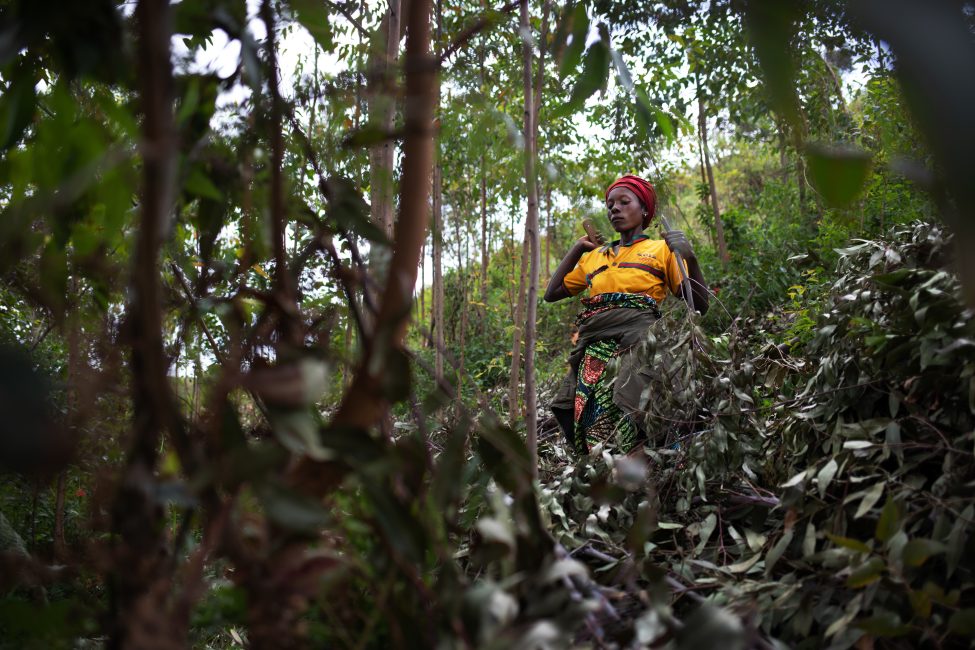Around the Kahuzi-Biega National Park, many Congolese live in close contact with animals and nature. In this region of eastern Congo, the majority of the population lives from farming and livestock keeping. According to estimates, at least 3 out of 4 people live below the poverty line. This vulnerability is driving men, women and children to the park, in search of wood or animals to sell on the market.
By trying to provide for themselves, they unknowingly expose themselves to diseases with epidemic potential. Logging and poaching put great pressure on the park’s natural resources. This pressure in turn increases the risk of disease transmission from animals to humans. As a result, human activities are driving virus-carrying wild species to flee their natural environment and move closer to the livestock and housing surrounding the park. This is how epidemics such as Ebola and covid-19 started.
In response to this situation, an unprecedented “One Health” project was launched in 2022 around the eastern sector of the park, close to the city of Bukavu. The aim is to prevent the emergence of new pandemics.
The video in French
The video in Dutch
An unprecedented pilot project in South Kivu
The strength of the project lies in the collaboration between three NGOs, each specialising in a health sector. Vétérinaires Sans Frontières Belgium is responsible for animal health, Médecins du Monde for human health and Action pour le Développement des Milieux Ruraux for environmental activities.
But the greatest challenge will undoubtedly be to involve both the local population and the public health services. This is a major challenge for the long-term success of the project. Before our intervention, the health services worked in isolation, with no real involvement of the communities in the prevention and management of health problems. The region also had no system for responding effectively to outbreaks of human or animal disease and preventing their spread. We decided to tackle these problems in collaboration with all the health players involved. Today, doctors, vets and public and private environmentalists are in regular contact.
Between now and 2026, our project aims to develop an integrated epidemic surveillance system and a contingency and response plan. This will improve the prevention, detection and management of health risks in the region. Human and animal health services are also being strengthened and encouraged to work together. As for the communities, they are not to be outdone: as well as training and awareness-raising, they have access to tree nurseries to plant their own trees on the hills bordering the park. In a few years’ time, they will be able to sell this wood rather than exploit it in the park. Some families also have the opportunity to start keeping goats, another alternative for generating income without damaging the park’s biodiversity.
About the One Health project
Interested in this project? You can find our previously published content on the same theme below:

